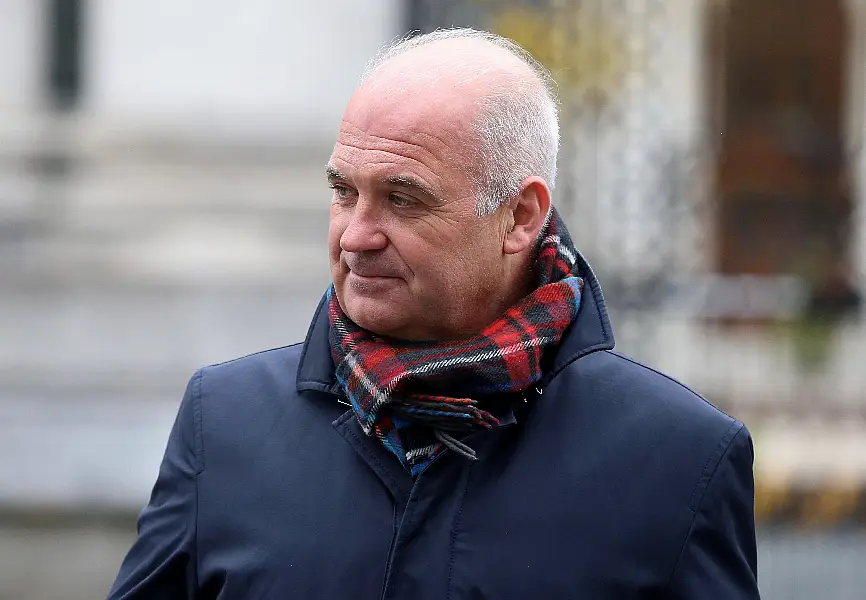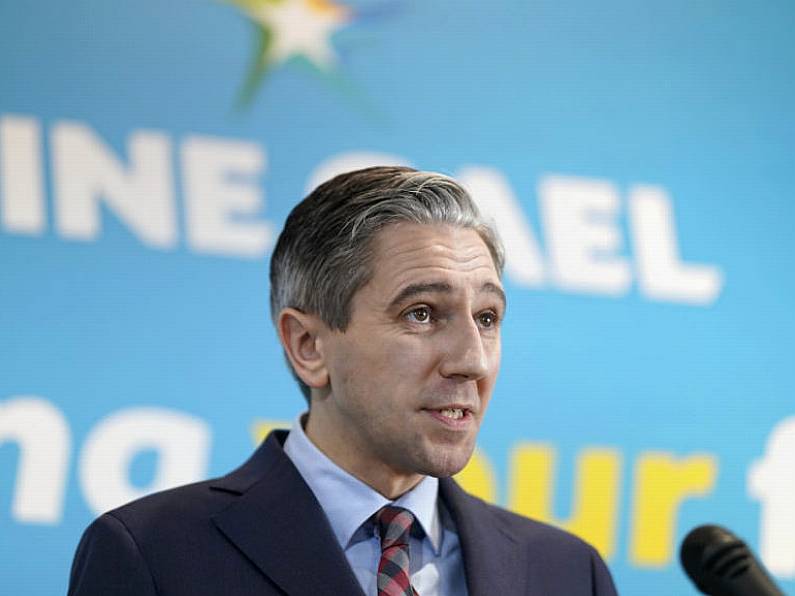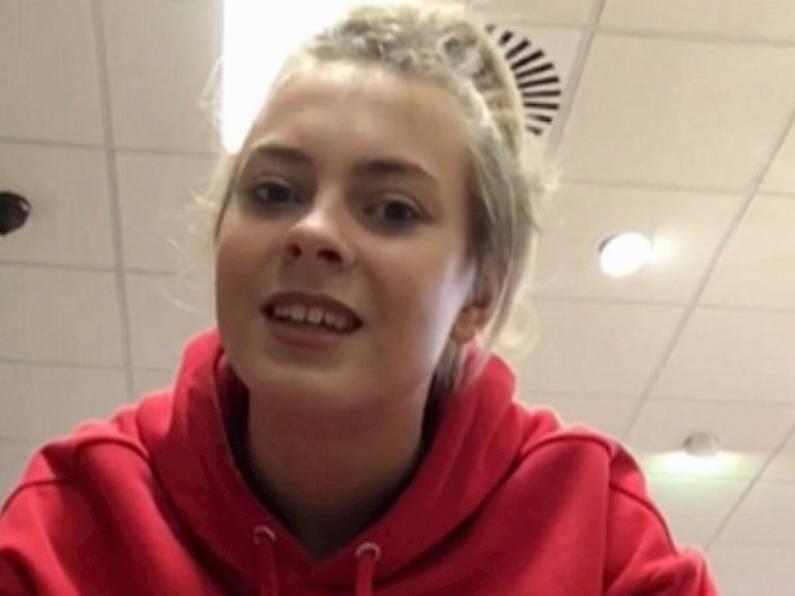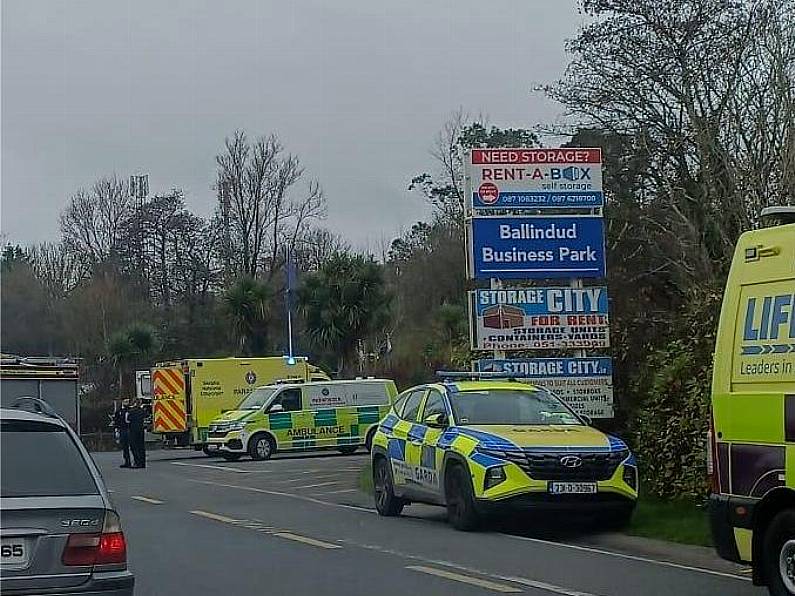Ireland is suppressing the third wave of Covid-19 infection faster than any other country in Europe, the chief medical officer has said.
Dr Tony Holohan said the country was now in a “strong position” in a fight against the virus despite daily numbers remaining above 1,000 cases.
Friday saw 35 additional deaths due to Covid-19 and 1,047 new cases of the virus confirmed in Ireland, including 39 in Waterford.
The number of people with the virus in public hospitals fell to 1,158 last night - nearly 900 fewer than on January 18th.
There are currently 82 confirmed cases at University Hospital Waterford and five people being treated in ICU.
Nationwide, the number of Covid patients in ICU dropped to 177 - the lowest in over three weeks.
The national 14-day incidence rate now stands at 369 cases per 100,000 people.
“We are in a strong position,” Dr Holohan said.
“Thanks to the efforts of the population in staying home, limiting contacts and following public health advice there has been a substantial decrease in disease incidence and we can see that we are suppressing this third wave of Covid-19 infection faster than any other country in Europe.
“It is very important that we keep this up.
“With a daily case number in excess of 1,000 we know we need to make more progress with the measures that Government has mandated until March 5.
“It is especially important that those who have been vaccinated keep following the same advice as everyone else because we don’t yet have enough good evidence that vaccination can stop them spreading the infection.
“Please continue to stay safe and follow public health advice and we will get through this pandemic together.”

Dr Holohan said people should have hope for a different future in which vaccines are a key part of our public health response.
“It is beyond any expectations we had when the first case of this infection was reported in Ireland on February 29 last, that within one year we would have multiple vaccines developed, tested and being made available to our population,” he said.
“It is an immense scientific and public health achievement.”
Last week the European Medicines Agency authorised a third vaccine, the Oxford AstraZeneca jab, for distribution.
Dr Holohan said, following the authorisation of the AstraZeneca vaccine, he asked the National Immunisation Advisory Committee (NIAC) led by Professor Karina Butler to provide advice on the use of this vaccine in older adults and to consider the appropriate time interval between the first and second doses.
“Based on their advice, I recommended to the Minister for Health that we provide only the mRNA vaccines, Pfizer-BioNTech and Moderna, to people over the age of 70,” he said.
“This is because trials of both Pfizer-BioNTech and Moderna vaccines showed higher efficacy overall including among older adults.
“Data on efficacy among older adults with AstraZeneca vaccine is lacking at this time.”













